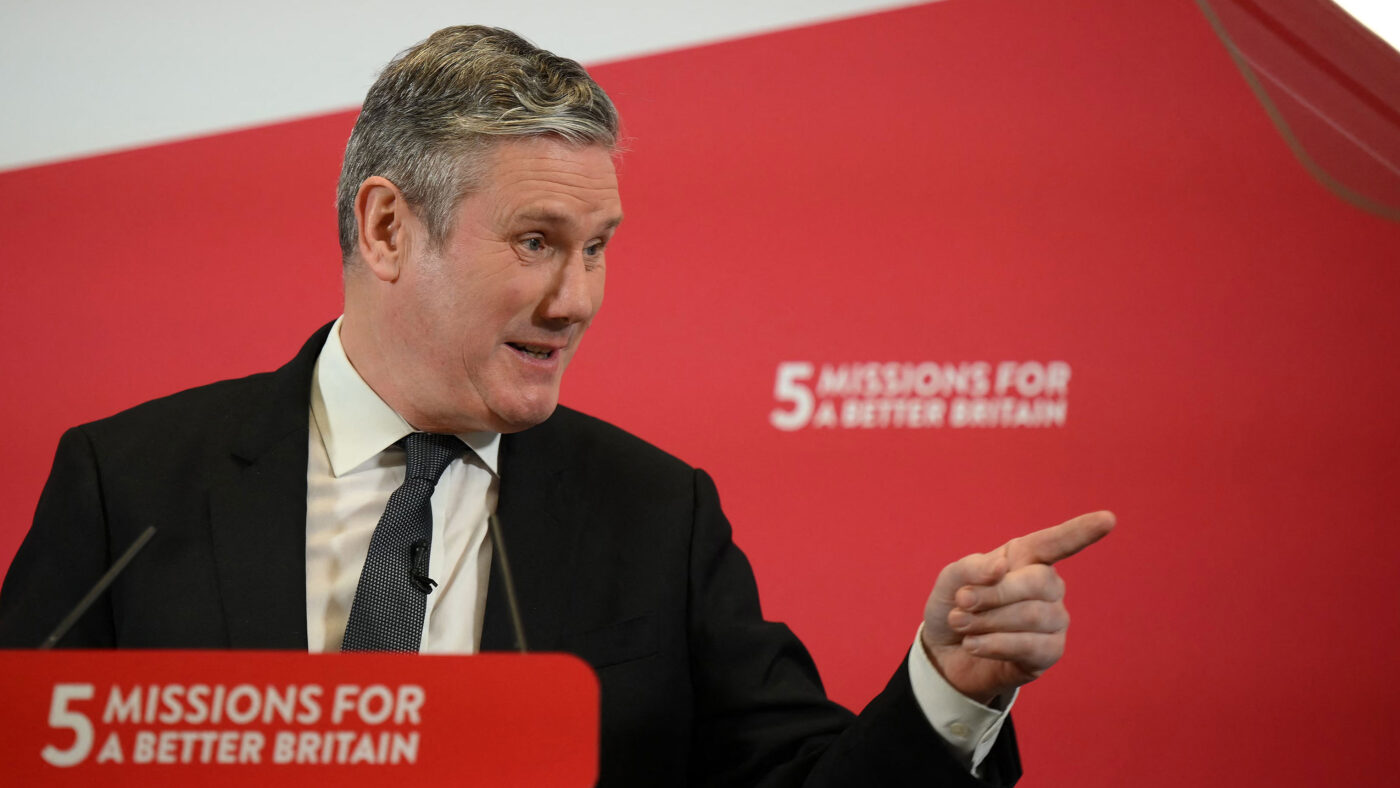What is the point of it all? This isn’t some adolescent existential whine, but a pretty fundamental question when it comes to policymaking.
Take Labour’s announcements on education and young people this week, which tee up Keir Starmer’s speech on his fifth and final ‘mission;, opportunity. Last weekend, Shadow Education Secretary Bridget Philipson set the ball rolling with an appearance on Sunday morning political TV, with an announcement about teacher retention.
Yesterday the party announced that it wants graduate-led nurseries. This is not a new idea. The Fair Education Alliance, a group of over 200 charities supporting young people from disadvantaged backgrounds, has been one of a number of organisations calling for early years settings to be led by a qualified early years teachers for a number of years.
Like any policy there are trade-offs, and the big one here is cost. Graduates are generally more expensive than non-graduates, which means adding more cost to childcare – which is already, famously, not cheap. In a time where cost of living pressures dominate headlines, its understandable that this is controversial. After all, we can’t have all the nice things.
But a much more important question here is, what’s the actual point of nurseries – are they providers of childcare, or of early education? This is not a meaningless distinction. If you think of them as childcare providers, then you’d probably prioritise affordability and wide availability especially before and after the working day. If you think of them as early education providers, workforce quality would be a much bigger factor.
Unfortunately, the Government deliberately treats the two as interchangeable. Effectively, all three and four-year-olds are entitled to 15 hours of free early education – but many are entitled to 30 hours of childcare. That’s not 30 additional hours – that’s 15 additional hours, 30 in total. Children don’t go to a different room in the nursery, let alone a separate nursery, for the 15 hours of early education compared to the 15 hours of childcare. It’s the same funding rate.
This, then, is the source of our confusion – we’re debating policy proposals without clarity of purpose. Almost any meaningful discussion about nurseries (adult to child ratios; staff qualifications; requirements around curriculum; inspection and regulation) depends on a sense of what nurseries are for. Half the time, policy discussion proceeds without even acknowledging this is a question.
This is not unique to nurseries. Take the apprenticeship levy, or indeed higher and further education funding more widely. What is the point?
You can put the economy first, with a focus on the labour market and tax return on investment of different qualifications and modes of delivery. You can put young people first, thinking about how to improve lives and opportunity. You can even argue that those are vulgar options and that education has intrinsic value. But no important policy question about how to fund further and higher education can be answered without having a view on the point of it all.
It is more important for Keir Starmer to use his speech tomorrow to address this question of purpose than outline specific pledges. A leader’s speech – and the following morning’s news reports – can only ever hope to convey one or two actual policies. But instead, they can convey a worldview that will inform how a future Labour government would approach a wide range of policy decisions, both decisions they know they will have to take in year one, but also the great known unknown of what will crop up in year four.
Given it is billed as a speech on Labour’s ‘opportunity’ mission, I hope he makes it clear he will put young people and opportunities first. Quality in nurseries is an opportunity-first policy. In due course, we might hope to see increased levels of maintenance support for students in higher education; and flexibility around the apprenticeship levy to support young people who aren’t quite ready for work as ‘opportunity-first’ policies.
Otherwise, what is the point?
Click here to subscribe to our daily briefing – the best pieces from CapX and across the web.
CapX depends on the generosity of its readers. If you value what we do, please consider making a donation.


